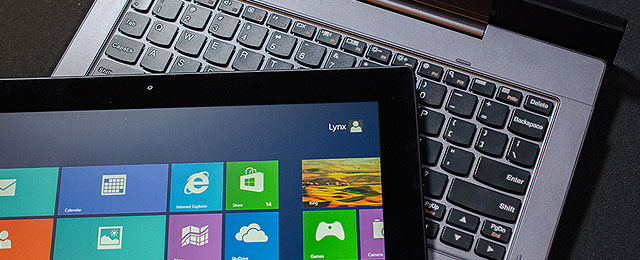Lenovo’s US$2.9 billion purchase of Motorola Mobility last week and its US$2.3 billion deal with IBM inked just days before will be closely scrutinized by a secretive US government committee that conducts national security reviews of foreign acquisitions of U.S. businesses.
As part of the purchase from Google, reports the Financial Times, Lenovo will assume 2,000 patents and receive a license to other Google smartphone intellectual property. IBM servers are broadly utilized by the US government and in critical infrastructure operations, said Bloomberg.
Both deals will be screened by the Committee on Foreign Investment in the United States, more commonly referred to as CFIUS (pronounced “sifius”), for threats to national security.
An inter-agency committee of the U.S. government chaired by the Secretary of the Treasury, CFIUS includes representatives from 16 U.S. departments and agencies, including the Defense, State, Commerce and Homeland Security departments. The agency is shrouded in secrecy, and can put the kibosh on deals if it finds any hint of a national security risk. The committee does not announce the findings of its reviews.
Chinese buyers have targeted U.S. assets in record numbers over the past few years, and with US-China relations murky at best, it’s no secret that Chinese investment gets higher scrutiny than investments from long time U.S. allies who are also major investors, such as the United Kingdom and France.
High profile accusations of cyber spying and corporate espionage don’t help. And neither does pressure from U.S. politicians and consumers wary of the nation’s tenuous ties with China.
Out of 114 proposed foreign acquisitions of U.S. businesses that CFIUS reviewed in 2012, 39 involved Chinese investors, according to its recently issued Annual Report to Congress for Calendar Year 2012.
Chinese investors were the subject of more than double the number of CFIUS reviews in 2012 than they were the previous year, overtaking the U.K. as the most scrutinized foreign buyers of American assets, said Bloomberg.
While the report does not identify the nationality of the foreign investor in either approved or withdrawn transactions, it’s clear that substantially more notices were withdrawn than in previous years, either because deals fell apart for commercial reasons or, more likely, were abandoned because parties understood the transaction would not be cleared. (Companies involved in an acquisition by a foreign firm are supposed to voluntarily notify CFIUS.)
If cleared by CFIUS, the server deal will be Lenovo’s second IBM acquisition; the company bought IBM’s PC business, including ThinkPad, in 2005.
Christopher Padilla, IBM’s vice president for governmental programs, predicts that “CFIUS probably will approve the transaction because most of the devices are already made in China and the technology is standard among competitors such as Hewlett-Packard and Dell.” Most of IBM’s x86 servers are made in Shenzhen.
CFIUS approval of Lenovo’s Motorola deal may not be so easy, however, as it will face significant political opposition, “especially in the era of Edward Snowden and worries over leaks,” noted FT.
To win approval to buy Motorola Mobility from Google, Lenovo has hired attorneys who held positions at the Central Intelligence Agency and the Homeland Security Department to guide its Motorola review through the CFIUS process.
“CFIUS is often considered a roadblock to foreign direct investment, especially when that investment comes from China,” said Doug Guthrie, professor of international business at George Washington University, also noting that CFIUS “has tripped up a number of U.S.-China deals, despite their popularity and importance.”
Should both Lenovo deals get CFIUS clearance, the company will vault into the global ranks in smartphones and cloud computing in a bid to move beyond the shrinking personal-computer industry and become a global technology player.
The Motorola purchase alone will push Lenovo from number four to number three smartphone maker globally, with chief executive officer Yang Yuanqing calling the deal a “shortcut” into the US market.






Be the first to comment on "Is Lenovo a threat to US national security?"